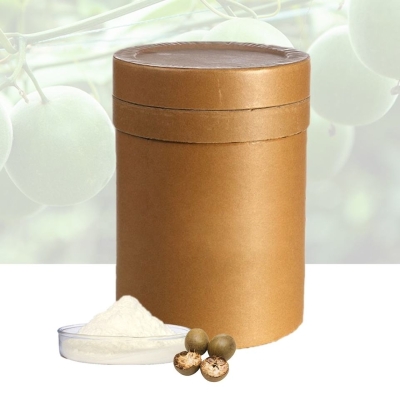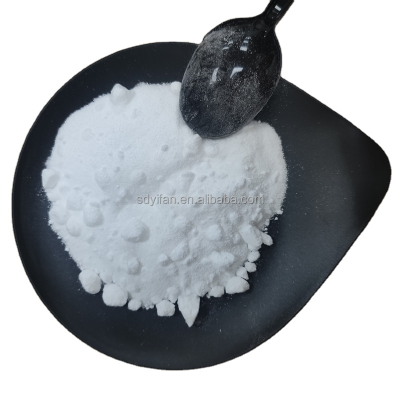-
Categories
-
Pharmaceutical Intermediates
-
Active Pharmaceutical Ingredients
-
Food Additives
- Industrial Coatings
- Agrochemicals
- Dyes and Pigments
- Surfactant
- Flavors and Fragrances
- Chemical Reagents
- Catalyst and Auxiliary
- Natural Products
- Inorganic Chemistry
-
Organic Chemistry
-
Biochemical Engineering
- Analytical Chemistry
- Cosmetic Ingredient
-
Pharmaceutical Intermediates
Promotion
ECHEMI Mall
Wholesale
Weekly Price
Exhibition
News
-
Trade Service
India plans to nearly double its refining capacity to 4.
5-500 million tonnes over the next 10 years to meet growing domestic fuel demand as well as meet demand for export markets
, Oil Minister Dharmendra Pradhan said on Tuesday.
Speaking at a recent webinar, Dharmendra Pradhan said the West Coast refinery has an annual capacity of 60 million tonnes, which is critical
to the capacity doubling plan.
"Our refining capacity will increase from about 250 million tonnes per year today to 450 million tonnes
over the next 10 years.
The new capacity will include brownfield and greenfield (new refineries).
”
Currently, India's refining capacity is 249.
9 million tonnes, exceeding fuel demand of 213.
7 million tonnes in FY2019-20, but demand is likely to rise to 335 million tonnes by 2030 and 472 million tonnes
by 2040.
The International Energy Agency (IEA) predicts that India's fuel demand will reach 458 million tonnes
by 2040.
India, the world's third-largest oil consumer, imports 85 percent of its energy demand and is planning to cater to the increase
in demand.
Pradhan said Balmer in Rajasthan is building a new grassroots refinery with a capacity of 9 million tonnes and refining capacity is expanding
in Gujarat, Haryana, Orissa, Andhra Pradesh, Mumbai, Madhya Pradesh, Assam, Chennai and others.
"Construction of the West Coast refinery will begin
soon," he said.
"The construction of refineries, the laying of oil and gas pipelines and the expansion of the city's gas distribution network will drive the growth
in demand.
Speaking at the webinar, Indian Oil Corporation (IOC) Chairman Sanjiv Singh said India's refining capacity will expand to 363 million tonnes by 2030, 443 million tonnes by 2035 and 533 million tonnes
by 2040.
In addition, India's LNG import capacity will increase by 40 million tonnes by 2030, compared to a current capacity of 42.
5 million tonnes.
Fuel demand has fallen recently due to slowing economic growth and curbing the spread of the coronavirus, he said, but "in two years, we should be back on the
projected demand trajectory.
" ”
Singh detailed the planned expansion in the oil and gas sector, with plans to add another 78,000 to the 69,109 petrol pumps
.
In addition, the number of compressed natural gas stations will be expanded from 2,207 to 10,000.
The 28,790 km pipeline network will add another 15,000 km, while the 16,981 km gas pipeline will add 14,239 km
.
India's refining capacity jumped from 62 million mt per year in 1998 to 232 million mt as at 31 March 2016 and further increased to 249.
9 million mt
in March 2020.
India has been a major exporter of petroleum products since 2001, and the increase in refining capacity was made possible by the government's cancellation of refinery licensing
.
India plans to nearly double its refining capacity to 4.
5-500 million tonnes over the next 10 years to meet growing domestic fuel demand as well as meet demand for export markets
, Oil Minister Dharmendra Pradhan said on Tuesday.
Speaking at a recent webinar, Dharmendra Pradhan said the West Coast refinery has an annual capacity of 60 million tonnes, which is critical
to the capacity doubling plan.
"Our refining capacity will increase from about 250 million tonnes per year today to 450 million tonnes
over the next 10 years.
The new capacity will include brownfield and greenfield (new refineries).
”
Currently, India's refining capacity is 249.
9 million tonnes, exceeding fuel demand of 213.
7 million tonnes in FY2019-20, but demand is likely to rise to 335 million tonnes by 2030 and 472 million tonnes
by 2040.
The International Energy Agency (IEA) predicts that India's fuel demand will reach 458 million tonnes
by 2040.
India, the world's third-largest oil consumer, imports 85 percent of its energy demand and is planning to cater to the increase
in demand.
Pradhan said Balmer in Rajasthan is building a new grassroots refinery with a capacity of 9 million tonnes and refining capacity is expanding
in Gujarat, Haryana, Orissa, Andhra Pradesh, Mumbai, Madhya Pradesh, Assam, Chennai and others.
"Construction of the West Coast refinery will begin
soon," he said.
"The construction of refineries, the laying of oil and gas pipelines and the expansion of the city's gas distribution network will drive the growth
in demand.
Speaking at the webinar, Indian Oil Corporation (IOC) Chairman Sanjiv Singh said India's refining capacity will expand to 363 million tonnes by 2030, 443 million tonnes by 2035 and 533 million tonnes
by 2040.
In addition, India's LNG import capacity will increase by 40 million tonnes by 2030, compared to a current capacity of 42.
5 million tonnes.
Fuel demand has fallen recently due to slowing economic growth and curbing the spread of the coronavirus, he said, but "in two years, we should be back on the
projected demand trajectory.
" ”
Singh detailed the planned expansion in the oil and gas sector, with plans to add another 78,000 to the 69,109 petrol pumps
.
In addition, the number of compressed natural gas stations will be expanded from 2,207 to 10,000.
The 28,790 km pipeline network will add another 15,000 km, while the 16,981 km gas pipeline will add 14,239 km
.
India's refining capacity jumped from 62 million mt per year in 1998 to 232 million mt as at 31 March 2016 and further increased to 249.
9 million mt
in March 2020.
India has been a major exporter of petroleum products since 2001, and the increase in refining capacity was made possible by the government's cancellation of refinery licensing
.







